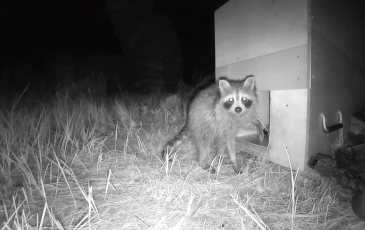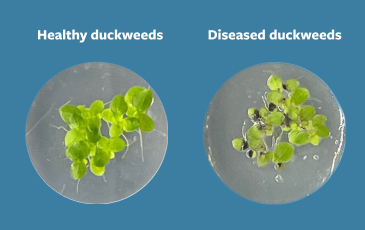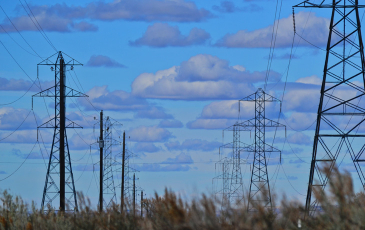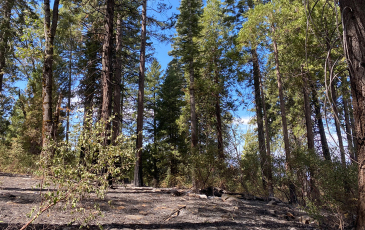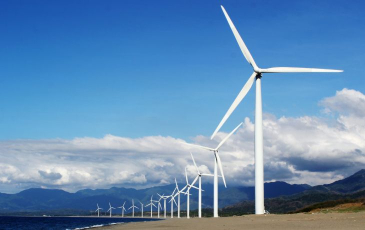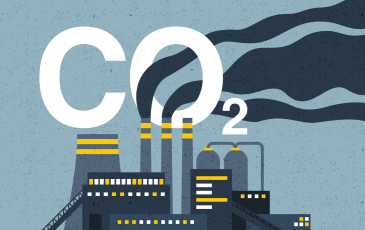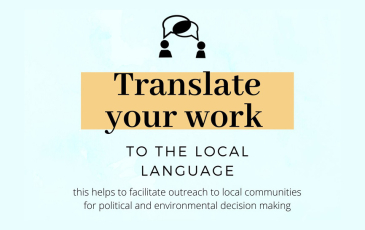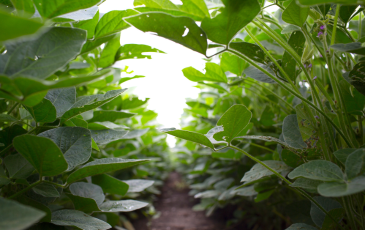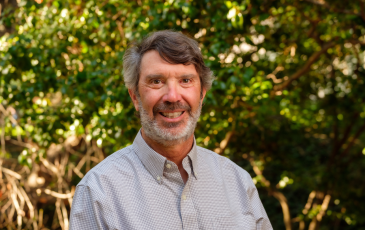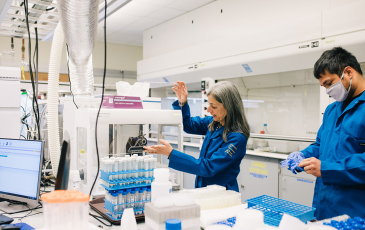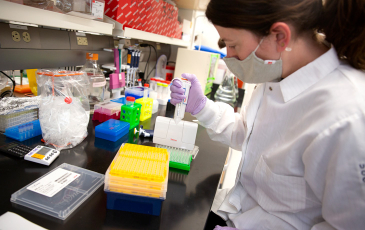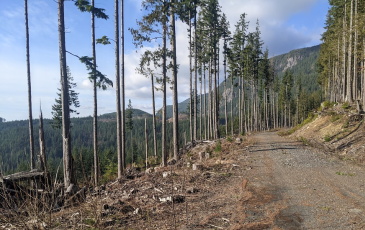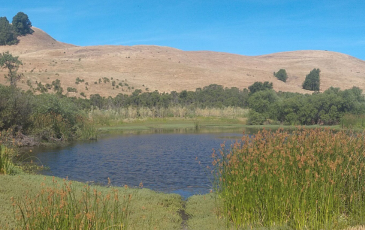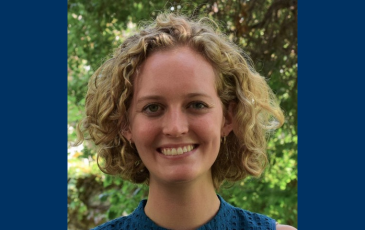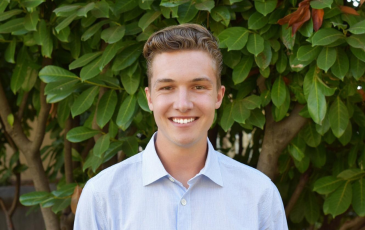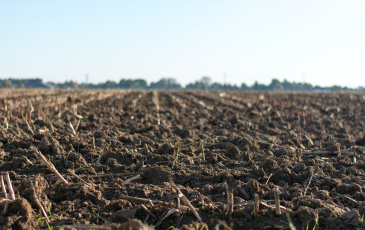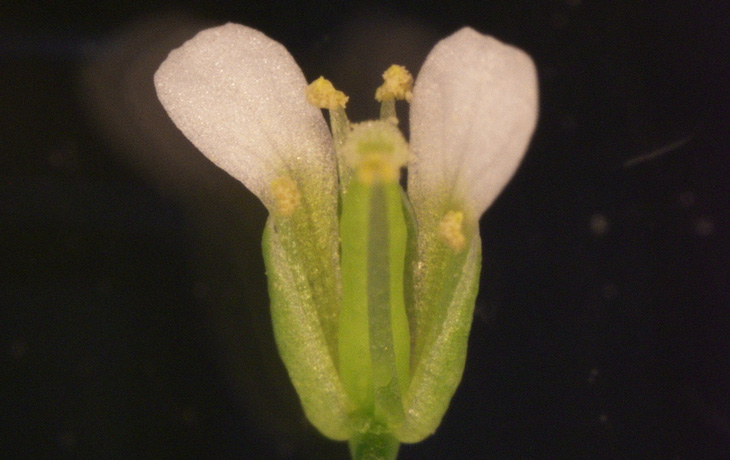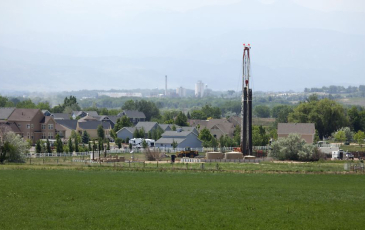Research by an ESPM postdoctoral researcher suggests docile raccoons possess a greater ability to learn how to obtain food than their bold counterparts.
New findings detail alternative immune pathways in duckweed species
Antimicrobial genes in the small, invasive plant species may help improve disease resistance in rice and wheat.
Report reveals inequity in electricity pricing, calls for rate reform to help fight climate change
Research by professors in ARE concluded that up to two-thirds of charges on electricity bills amount to a hidden electricity “tax.”
Berkeley Forests personnel assessing impacts of Mosquito Fire on Blodgett Forest
Favorable fire behavior and weather are expected to continue to move the fire away from Blodgett Forest.
UC Berkeley, Berkeley Lab researchers receive $11.6 million in Department of Energy funding
The award will support research to develop biofuel and bioproducts from photosynthetic micro-alga.
New study examines drivers of government investment in energy innovation
New forms of international cooperation and technology competition with China are the main drivers of public investment in clean energy innovation, though it remains insufficient to help meet climate goals.
Social cost of carbon more than triple the federal estimate, study finds
The higher estimate indicates that the benefits of reducing carbon dioxide emissions are much greater than had previously been believed.
How machine translation could make English-only science accessible to all
ESPM graduate student Emma Steigerwald is helping highlight how translation tools are critical to the multilingual future of science.
Bioengineering better photosynthesis
Krishna Niyogi and Nina Maryn are collaborators on first-of-its-kind research that used improved photosynthesis to increase yields in food crops for the first time ever.
Sniffing the delta for greenhouse gases
San Francisco Estuary's summer magazine highlights Professor Dennis Baldocchi's research and the role it plays in the restoration of Dutch Slough in Oakley.
The small alga with a big impact
PMB Professor Sabeeha Merchant breaks down the impact of sequencing the Chlamydomonas reinhardtii genome.
New inhaled COVID-19 therapeutic blocks viral replication in the lungs
New research out of the lab of Metabolic Biology Professor Anders Näär could one day make treating SARS-CoV-2 infections as easy as using a nasal spray for allergies.
New research identifies patterns of carbon accumulation in planted forests
Research by former ESPM PhD student Jacob Bukoski and Professor Matthew D. Potts might serve as the building blocks for carbon sequestration studies.
Understanding the function of plant diversity in wetland ecosystems
A first-of-its-kind analysis by ESPM Professor Iryna Dronova found that plant diversity plays a key role in improving seasonal biomass stability.
Understanding Plant Immune Systems Informs the Past and the Future
In a recent Wonderfest event, grad student Chandler Sutherland discusses plant and human immune systems, and how we can defend agricultural crops against disease.
CRISPR Crops: Food, Farms, and the Shape of Plants to Come
In a recent Wonderfest event grad student Evan Groover discussed how gene editing technology can meet the needs of a growing human population and a warming world.
Debunking the myths that discourage public funding of clean energy
New commentary led by ESPM Professor Jonas Meckling urges governments to spur decarbonization by moving beyond the myths surrounding public investment in clean energy that discourage the use of public funds.
How healthy soil can improve crop resilience
A new BFI policy brief suggests better soil management may be the key to climate resilience and drought tolerance in crops.
Understanding the “romantic journey” of plant reproduction
A breakthrough study by PMB Professor Sheng Luan uncovers how peptide emissions and calcium signals serve as “love notes” during the plant fertilization process.
Multi-layered strategies needed to protect public health from oil and gas drilling impacts
Rachel Morello-Frosch is senior author on a commentary out today in Environmental Research Letters on developing policies to mitigate the impact of gas and oil production.


